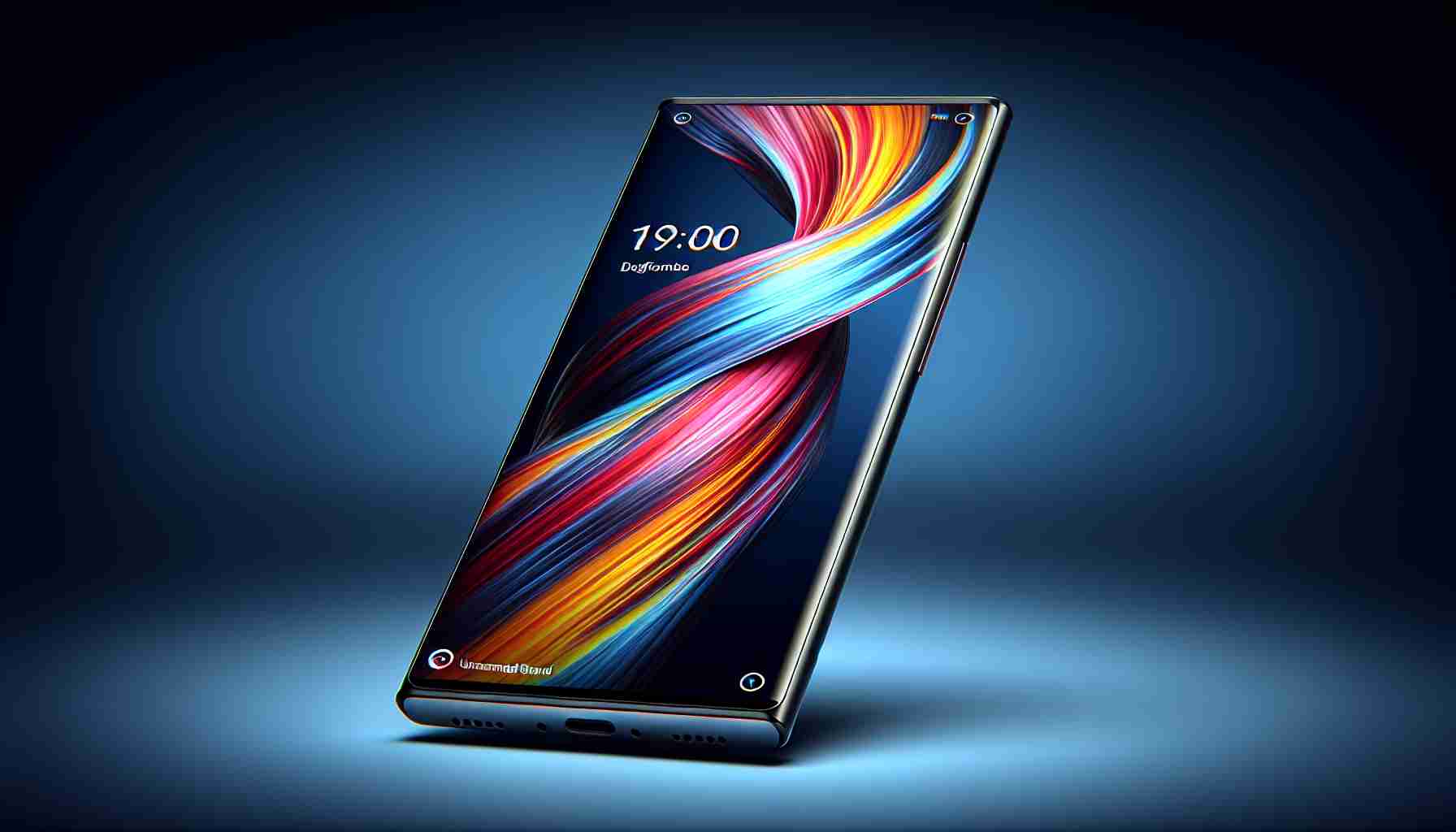Infinix is set to transform the smartphone industry with an upcoming release that could claim the title of the world’s thinnest device. Recent insights suggest the new smartphone will measure a mere 6mm in thickness, generating considerable buzz among technology enthusiasts.
Images that have surfaced depict a remarkably sleek device, which stands in stark contrast to models like the iPhone Pro. This initiative highlights Infinix’s commitment to constructing an ultra-slim phone that does not sacrifice performance.
The company’s motivation goes beyond mere aesthetic appeal. Infinix appears to be focused on deploying cutting-edge technology to carve out its niche in an increasingly crowded market. Achieving such a slim profile presents significant technical challenges, particularly concerning battery life and heat management.
One key innovation that may play a role in this design is the utilization of silicon carbide batteries. These batteries offer higher energy density compared to conventional lithium-ion options, enabling Infinix to provide robust battery life within a leaner form factor.
As design details emerge, excitement grows over the potential features of the device. The smartphone is expected to house a versatile camera system with multiple sensors and an immersive AMOLED display. Enhanced thermal management will be crucial given the device’s slim design.
This evolving smartphone landscape indicates that Infinix is poised to challenge industry giants, possibly setting new standards for smartphone design. With an official announcement anticipated soon, consumers are eager to see how this innovative offering will perform in real-world applications.
Infinix’s Ambitious Leap into Ultra-Thin Smartphone Design
Infinix is not only looking to redefine smartphone aesthetics with its upcoming ultra-thin model but also aims to address several pertinent issues that the smartphone industry grapples with today. As the company gears up for the unveiling of what could be the world’s thinnest smartphone, important questions arise about the implications of such a design.
What are the most significant questions surrounding Infinix’s new smartphone?
1. Will performance be compromised for thinness?
– Infinix promises that the new design will not sacrifice performance. However, consumers often raise concerns that ultra-thin devices can struggle with processing power and multitasking capabilities, especially in demanding scenarios.
2. How will the slim design impact battery performance?
– While Infinix is rumored to utilize silicon carbide batteries for enhanced energy density, the reality remains that thinner bodies often lead to reduced battery capabilities.
3. What about durability?
– The trade-off between a sleek design and durability is a common concern. An ultra-slim device may be more susceptible to damage from drops or bending, raising questions about long-term reliability.
Key Challenges and Controversies
Technical Limitations: Achieving a thickness of 6mm poses significant engineering challenges, especially concerning cooling solutions and maintaining optimal performance levels. The device must manage heat effectively without the bulk of traditional cooling systems.
Market Positioning: Amid fierce competition from leading brands like Apple and Samsung, Infinix faces the challenge of carving out a unique spot. The company must effectively market its innovation while ensuring that the smartphone delivers a comprehensive user experience.
Advantages of Infinix’s Design Approach
– Aesthetic Appeal: A sleek, ultra-thin design will likely attract consumers looking for a modern and stylish device.
– Portability: A thinner smartphone is easier to carry and fits comfortably in pockets, enhancing user convenience.
– Technological Innovation: The potential use of advanced materials and battery technology positions Infinix as a forward-thinking company in the tech landscape.
Disadvantages to Consider
– Potential Performative Trade-offs: Users may find that enhanced portability could mean a compromise on overall performance, whether in battery life or processing speed.
– Durability Concerns: There may be a higher risk of breakage in an ultra-slim design, which could lead to increased repair costs or considerations for protective gear, such as cases.
– Price Point: The investment in cutting-edge technology like silicon carbide batteries may result in a higher price point, which could alienate budget-conscious consumers.
Conclusion
As Infinix prepares to launch its new smartphone, it finds itself at the intersection of innovation and consumer expectations. The company appears committed to ensuring that their signature thin design does not impede the smartphone’s overall functionality. The industry awaits the official announcement, intrigued to see if Infinix can indeed deliver a product that meets its ambitious promises while redefining standards in smartphone design.
For more information on smartphone innovations, you can visit Infinix Mobility.




























